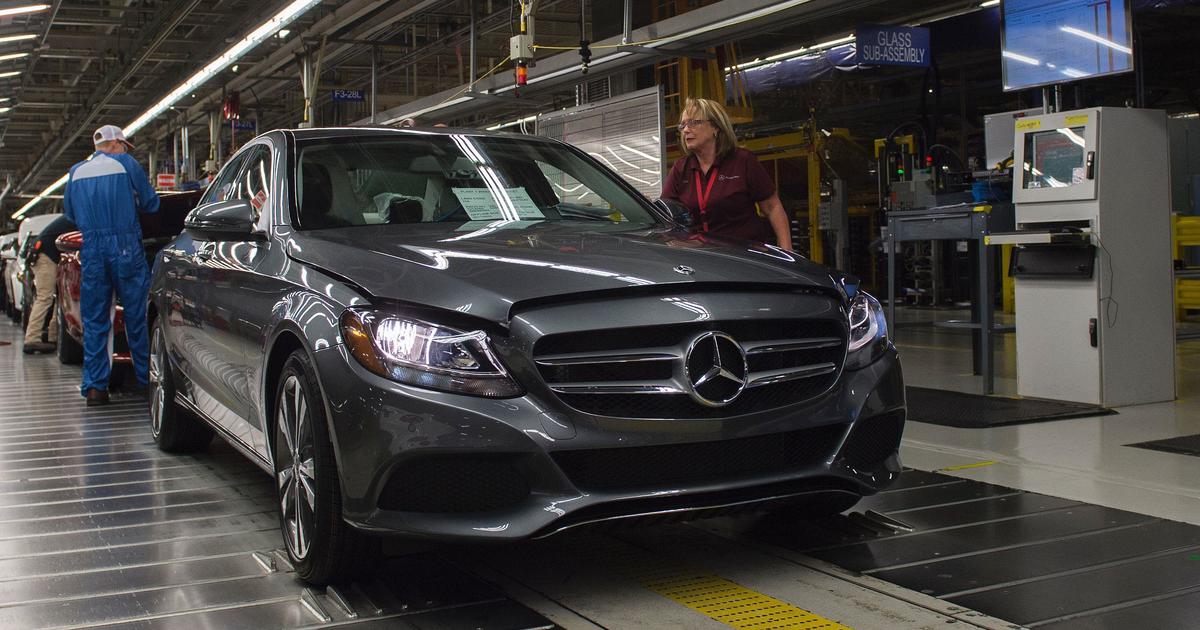Lawrence Tech To Study Alternative Bridge Design For Five States
SOUTHFIELD -- Lawrence Technological University has been awarded a three-year, $349,000 contract to evaluate alternative materials and a new approach to building highway bridges for the state transportation departments of Oregon, Minnesota, Wisconsin and Iowa, in addition to the Michigan Department of Transportation, which is the lead agency for the project.
The study will test non-corrosive cables and ultra-high-strength concrete in a bridge design that is both easier to maintain and faster to construct because it doesn't have a cast-in-place deck slab. The project is supported by the pooled fund of the Federal Highway Administration, and will utilize allocations from the five states.
Dean of Engineering Nabil Grace and his team of researchers are conducting the research in the Center for Innovative Materials Research (CIMR) at Lawrence Tech.
The research will test the advantages of a pre-stressed decked bulb-T beam bridge design compared to side-by-side box beam bridges that have been widely used during the past 50 years in Michigan and other states. The decked bulb-T beam has a wider upper flange than the traditional I-beam. The upper flanges of the decked bulb-T beams form the bridge decking after they have been joined with a six-inch joint of ultra-high-performance concrete. The concrete joint widens to more than seven inches below the deck and is reinforced with two layers of non-corrosive carbon fiber composite cable.
The study will also compare alternative non-corrosive reinforcement materials such as stainless steel and carbon fiber reinforced polymer.
The predicted result is a bridge system that will last twice as long and require less repair work or reconstruction that can tie up traffic for months at a time.
"The ultimate goal is to develop and construct a bridge superstructure system with a service life of 100 years with less maintenance and fewer construction projects that tie up traffic," Grace said.
Many bridges built with side-by-side box beams are now reaching the end of their service life, primarily because of corrosion of the steel reinforcement caused by water contaminated with salt and chlorides used to improve winter driving conditions and the deterioration of the conventional grout material used between the beams. The numerous freeze-thaw cycles of northern winters speed up the corrosion and deterioration.
The use of a decked bulb-T beam cross section would eliminate inherent problems encountered in inspecting and repairing a box-beam superstructures. The decked bulb-T beam cross-section will provide enough space at the section bottom for ease of periodical inspections and maintenance of critical elements.
"Since the safety and mobility of the traveling public is a very important consideration when building or rehabilitating bridges, there is a need to develop a beam type that can be built using accelerated bridge construction techniques," Grace said.
The objectives of the study at Lawrence Tech include:
• Develop a mathematical model of the proposed side-by-side decked bulb-T beam concrete bridge.
• Construct, test, and examine the constructability of a half-scale decked bulb-T beam bridge model with five transverse post-tensioned diaphragms and three control beams (two with CFCC and one with steel).
• Determine the optimum transverse post-tensioning level and the adequacy of the number of transverse diaphragms in the bridge model.
• Assess the suitability of the system for accelerated construction, part-width construction and bridge deployment.
• Develop design recommendations for the deployment of the decked bulb-T beam bridge.
Since 1988, Grace has conducted scores of studies for state and federal agencies that have pointed to the long-term reliability of carbon fiber reinforcement of concrete highway bridges. Three full-scale highway bridges have been built in Michigan and Maine utilizing CFRP materials in place of steel.



